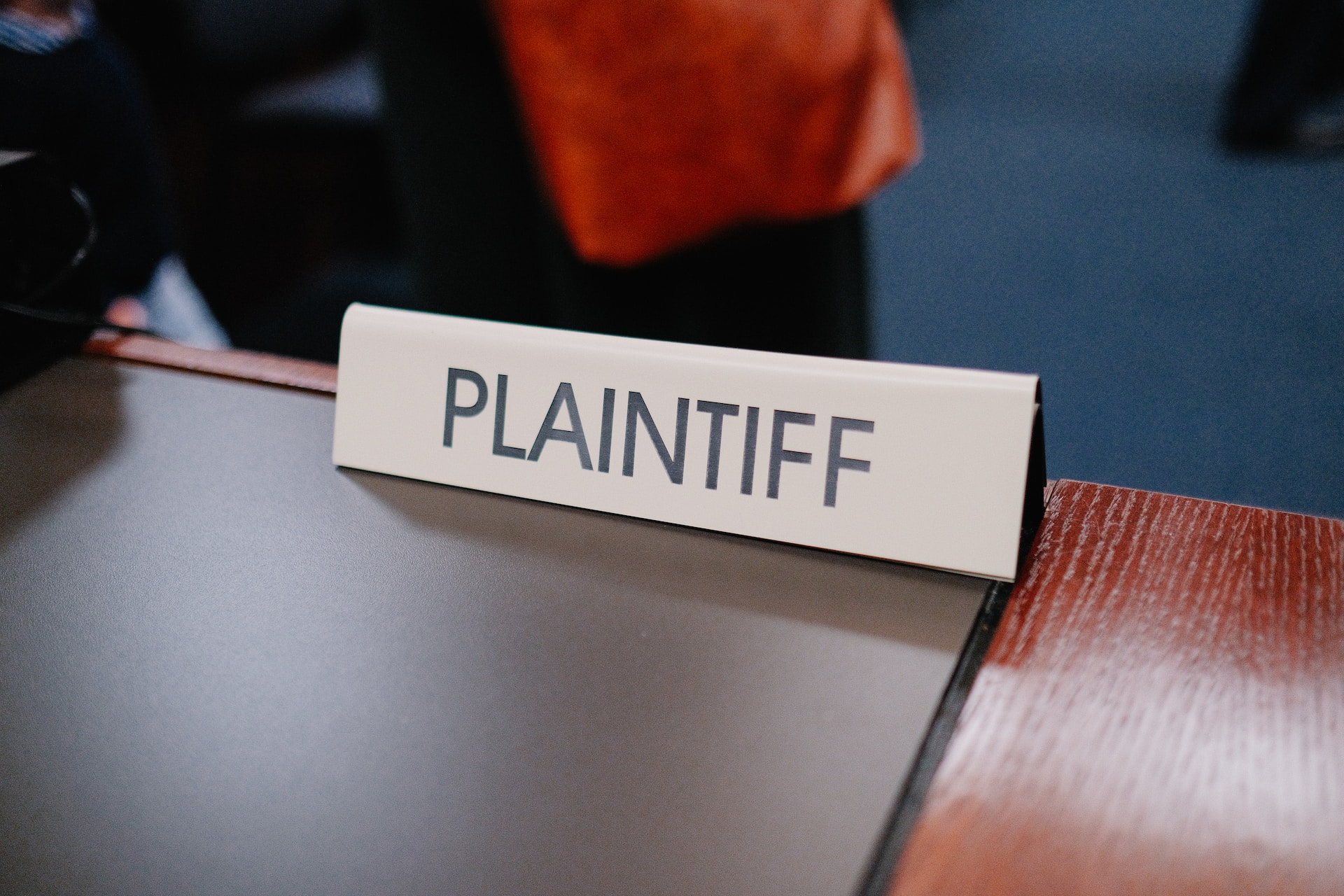Are you a commercial landlord? If so, you probably know that it’s important to mitigate liabilities. Still, insurance isn’t exactly a topic that sets hearts on fire, and it can be daunting to read pages of legal jargon.
However, the principles are easy to understand and worthy of consideration at all times. In this article, we’ll explore some important concepts that any landlord should know when dealing with the unexpected. It’s important to discover all your insurance options early on.
Different Insurances for Each Occasion
Liability insurance could be the most important concept you’ll need to consider. It protects you when things go south. Imagine you’re the owner of a bustling retail space, office building, or cozy cafe.
Now consider that someone slips and falls or a car smashes the front of your property, injuring people. That’s when liability insurance comes to the rescue for you.
It protects you against claims from such situations, including property damage. It covers legal costs and payouts, worker’s compensation, etc. However, no two policies are the same, and you should weigh the pros and cons of each proposal carefully.
However, liability insurance isn’t everything. Your property is your goldmine, so insuring it is non-negotiable. That’s when property insurance comes to the scene. It covers damages from fire, theft, vandalism, and even natural disasters.
In some cases, it may even cover losses from the business interruption. Property insurance is paramount when defending your assets against the unknown and securing your investment.
Assessing and Managing Risk
Of course, insurance is an essential part of the issue, but not the only one. If you spend time identifying, assessing, and mitigating potential risks, you’ll offer your property a suit of armor against many issues.
The first consideration is to perform regular property inspections. They can allow you to spot potential hazards and address them before they become a real problem. It can include leaky pipes, faulty wiring, or even loose handrails. If left unattended, they can become a headache for you and hazardous for others.
It’s imperative not to skimp on safety measures, too. From fire extinguishers to emergency exit signs and security systems, there are many things you can do to minimize the risks of accidents and unauthorized access.
Naturally, who you let in plays a crucial role. This is why tenant screening is vital. Always consider renting out to suitable tenants. Use background checks and credit assessments, and don’t settle for less than the ideal tenant to prevent potential headaches.
Finally, consider contingency planning, too. There are things far beyond our control, such as natural disasters. Tenants must know how to respond in critical situations and that you offer them resources and supplies. It’ll help minimize property damage and keep people safe.
The Art of Diplomacy
Even if you strive to keep your commercial property free of issues, conflicts can always arise. This is when mediation and alternative dispute resolution (ADR) come to the rescue. It’s a solid alternative to costly court procedures for all parties.
Mediation sets the stage for a peaceful solution. In mediation, both parties are helped to find common ground and reach a mutually acceptable agreement. It can save time and money and maintain positive relationships.
Don’t forget that negotiation is an invaluable skill for a landlord. Before disputes escalate, it’s essential to discuss the issues and find a solution with your tenants. Never underestimate that a simple conversation can prevent a minor issue from turning into a significant problem.
Another option is arbitration. In this case, the arbitrator listens to both sides and makes a binding decision. It’s faster and less formal than a trial, but the outcome can be less predictable.
Summing Up
As a landlord, you’re in the insurance game for the long haul. However, to be successful, insurance is just one more part of your toolbox. Proper communication, risk management, and willingness to reach a compromise are equally important.










